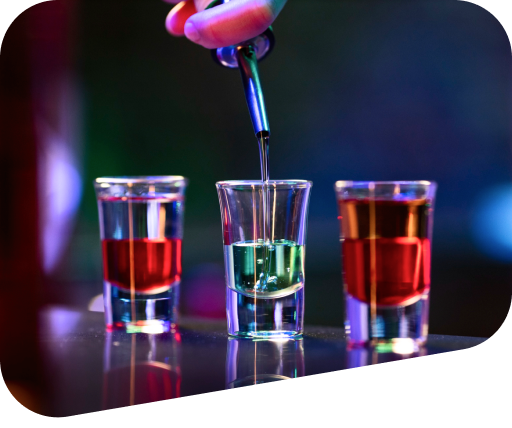Club & Synthetic Drugs Addiction
At TruPaths, we recognize that club and synthetic drugs aren’t always taken with malicious intent. They’re often used in social settings, out of curiosity, or as a way to feel something anything. But these substances can quickly spiral into psychological dependence, emotional instability, or serious physical risk.
Whether it’s a weekend high or a coping habit that’s grown out of control, we’re here to help you understand what’s happening, and guide you toward trusted recovery options with care, not criticism.










